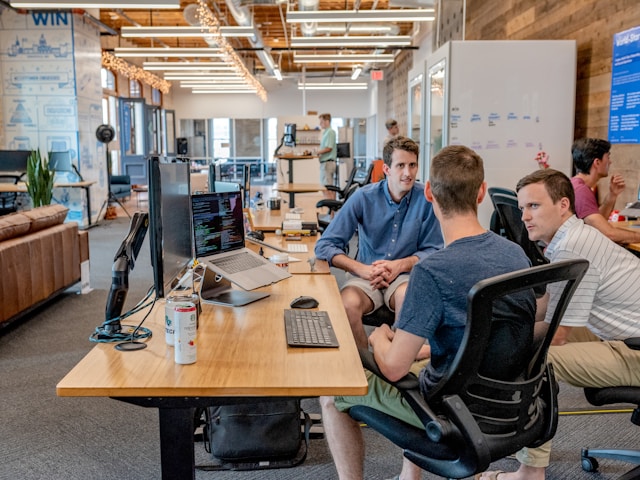The Future of WordPress: Trends and Predictions
WordPress has been the go-to Content Management System (CMS) for bloggers, freelance developers, and substantial enterprises for nearly two decades. It's renowned for its versatility, user-friendliness, and extensive customisation options through themes and plugins. Given the relentless pace of technological advancements, it's crucial for developers and website owners to stay abreast of the latest trends shaping the future of WordPress. In this article, we'll explore the anticipated trends and predictions that could redefine WordPress development and user interaction in the coming years.
1. Greater emphasis on full site editing
Full Site Editing (FSE) will likely be a significant game-changer in WordPress, allowing users to design and customise every aspect of their websites without extensive coding knowledge. This feature will redefine user interaction with themes and customisation, enabling more flexibility and creative freedom.
2. Enhanced block themes
With the advent of the Gutenberg editor, block-based themes have gained prominence. It is predicted that the future will see more advanced and user-friendly block themes, allowing users to create diverse and unique content layouts seamlessly.
3. AI and Machine Learning integrations
Artificial Intelligence (AI) and machine learning will play an instrumental role in enhancing user experiences and website functionality. Developers will leverage these technologies for content analysis, SEO optimisation, and user engagement, creating smarter, more intuitive websites.
4. Higher demand for performance optimisation
With Google emphasising Core Web Vitals and user experience, performance optimisation will be more crucial than ever. The focus will be on refining website speed, responsiveness, and visual stability, impacting both user experience and SEO rankings positively.
5. Sustainability in web development
Green and sustainable web development practices will gain more traction. Developers and businesses will aim to minimise the environmental impact of websites by optimising performance and resource usage, leading to a more sustainable web ecosystem.
6. Expansion of ecommerce
The Ecommerce industry’s continuous growth will drive more innovations in WordPress eCommerce solutions like WooCommerce. Expect to see more advanced features, enhanced customisation options, and improved scalability addressing the evolving needs of online stores.
7. Evolution of headless Wordpress
Headless WordPress will continue to gain popularity as developers seek more flexibility and control over the presentation layer. This approach will enable the development of feature-rich, highly customised front-end experiences using modern web development technologies.
8. Advanced security measures
With cybersecurity threats evolving, there will be an increasing emphasis on developing advanced security features and plugins to protect WordPress websites. Developers will need to prioritise security to safeguard user data and maintain user trust.
The future of WordPress is intrinsically linked to the broader technological landscape, with trends like Full Site Editing, AI, AR, VR, and 5G shaping its evolution.
For WordPress developers and users, staying informed and adapting to these trends will be paramount for creating websites that are not only visually appealing and user-friendly but also technologically advanced and sustainable. By embracing these innovations, WordPress is poised to maintain its dominance in the CMS market, catering to the ever-evolving needs of a diverse user base.


